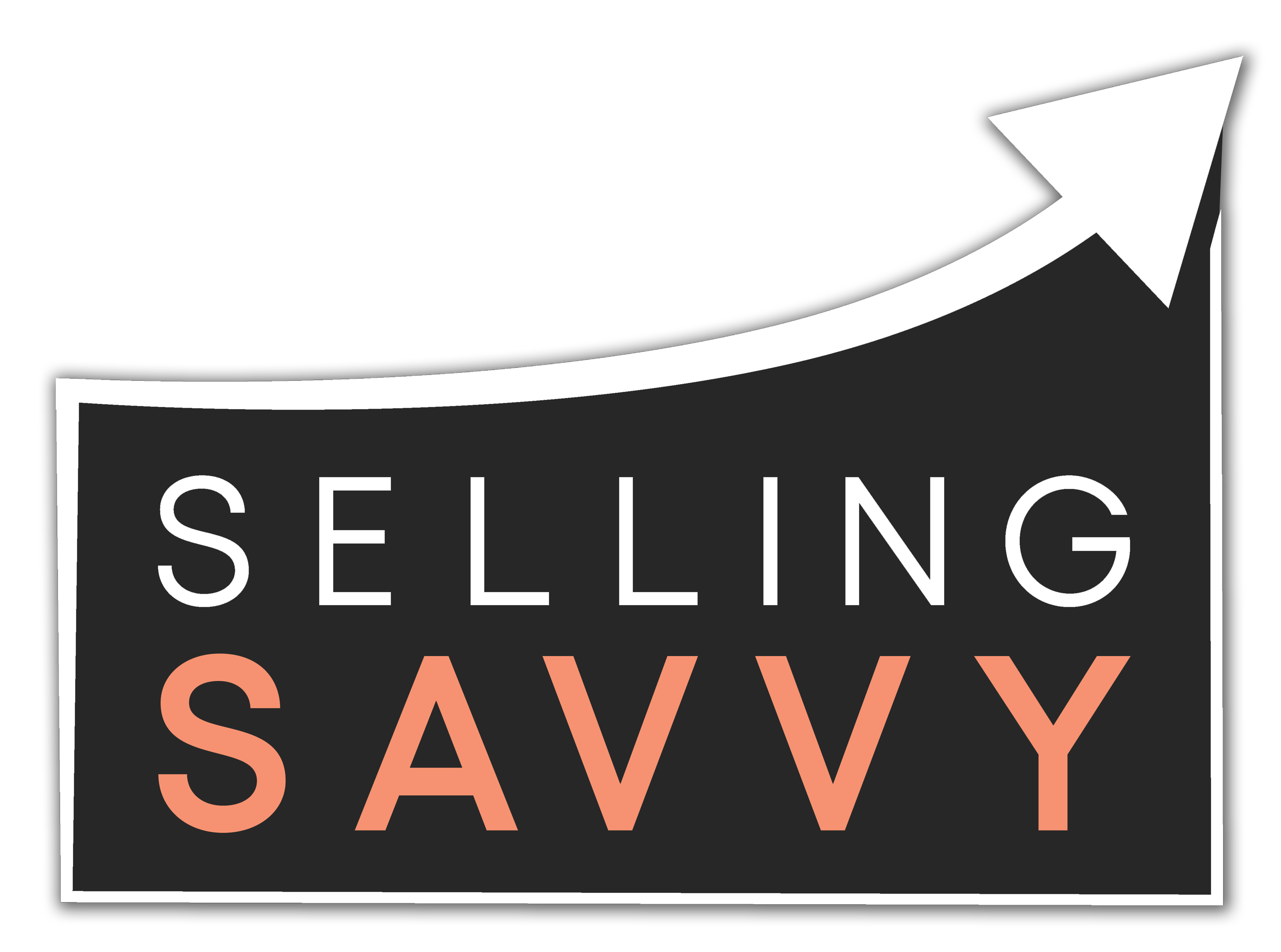When we talk about sales in the events and hospitality industry, the conversation often focuses on numbers, conversions and revenue. While these are essential, there’s another factor that quietly determines whether a sale truly succeeds: emotional intelligence.
In a sector very much built on relationships and experience, emotional intelligence (EI) is the skill that enables venue sales teams to connect with people on a deeper level. It’s about understanding the emotions behind every enquiry, and every decision.
Our team has trained hundreds of sales professionals, and the pattern is always the same: teams who focus on human connection as much as sales technique really do outperform those who don’t.
What Emotional Intelligence Really Means in Venue Sales
Emotional intelligence is the ability to recognise, understand and manage your own emotions while also identifying and responding appropriately to the emotions of others. It’s the difference between hearing a client say, “We’re just browsing right now,” and recognising the uncertainty or budget anxiety behind that statement.
For venues, emotional intelligence often comes into play when clients are making emotional decisions. A couple planning their wedding, an executive booking a high-profile corporate event, or a charity planning a fundraiser all carry emotional investment. A salesperson who can empathise, read the moment and respond sensitively builds instant trust.
Traditional sales training often focuses on features, benefits and objection handling. These are important, but without emotional intelligence, they fall flat. A proposal can be perfectly written and beautifully presented, but if it doesn’t speak to how the client feels, it’s just another document.
Why Emotional Intelligence Is Often Overlooked
In many organisations, emotional intelligence is considered “soft.” Managers often prioritise measurable targets, processes and scripts over emotional awareness. But the truth is that emotional intelligence has a direct, measurable impact on conversions, client satisfaction and repeat business.
For example, a reactive sales coordinator might handle an enquiry efficiently but fail to notice the client’s tone or hesitation. A more emotionally aware salesperson would pause and ask, “It sounds like you’re not sure about this space. What would make it feel more suitable for your event?” That small moment of empathy could mean the difference between losing the lead and winning it.
Emotional intelligence is not about being overly personal or intuitive. It’s about being observant and responsive. Clients will remember how you made them feel above what you sold them.
Building Emotional Intelligence in Your Sales Team
Developing emotional intelligence doesn’t happen overnight. It takes awareness and consistent practice. Here are practical ways to build it into your venue sales culture.
1. Encourage Reflective Practice
After every client call or showround, ask team members to reflect:
- What emotions were present in that conversation?
- How did the client’s tone change at different moments?
- How did I respond, and was it effective?
Encouraging this type of reflection helps salespeople tune into emotional cues they may have missed. Over time, they become more skilled at reading between the lines.
2. Focus on Active Listening
Listening isn’t just waiting for your turn to speak. It’s about truly understanding the client’s message and intent. Encourage sales teams to pause before responding, summarise what they’ve heard, and ask clarifying questions.
For instance, if a client says, “We need a flexible space,” rather than launching into details about your modular meeting rooms, ask, “Can you tell me more about what flexibility means for your event?” That not only clarifies needs but shows genuine care.
3. Roleplay Real Scenarios
Emotional intelligence is best developed through experience. Use roleplay exercises to simulate different client moods: a nervous bride, a stressed PA, or a corporate buyer under pressure. Encourage salespeople to practise empathy and adjust tone, pace and language accordingly.
4. Recognise Emotional Triggers
Everyone has emotional triggers that can cloud judgement. A client questioning your prices might trigger defensiveness. Teach your team to recognise when their emotions rise and to pause before reacting. Responding calmly and professionally helps maintain control of the conversation.
5. Promote Empathetic Language
Small changes in wording can dramatically affect how clients perceive your message. Replace phrases like “That’s our policy” with “Let me see what flexibility we might have.” Instead of “You’ll need to sign this today,” try “Let’s secure this date for you so you don’t miss out.”
Empathy doesn’t mean agreeing with everything. It means communicating understanding and partnership.
The Long-Term Benefits of Emotionally Intelligent Sales
Investing in emotional intelligence is not a quick win, but over time, it shapes how your sales team interacts with clients. Teams with high EI tend to have:
- Stronger client relationships and repeat business.
- More collaboration between departments.
- Higher morale and lower staff turnover.
- Greater client satisfaction and positive reviews.
We have seen that when sales teams feel confident managing emotions, they genuinely thrive!
Bringing It All Together
Sales success in the venue world is about far more than slick presentations and fast responses. It’s about people connecting with people. Emotional intelligence bridges the gap between process and personality.
If your venue sales team could benefit from learning how to sell with empathy, authenticity and confidence, we’d love to help. Get in touch with us to discuss training for your team.



